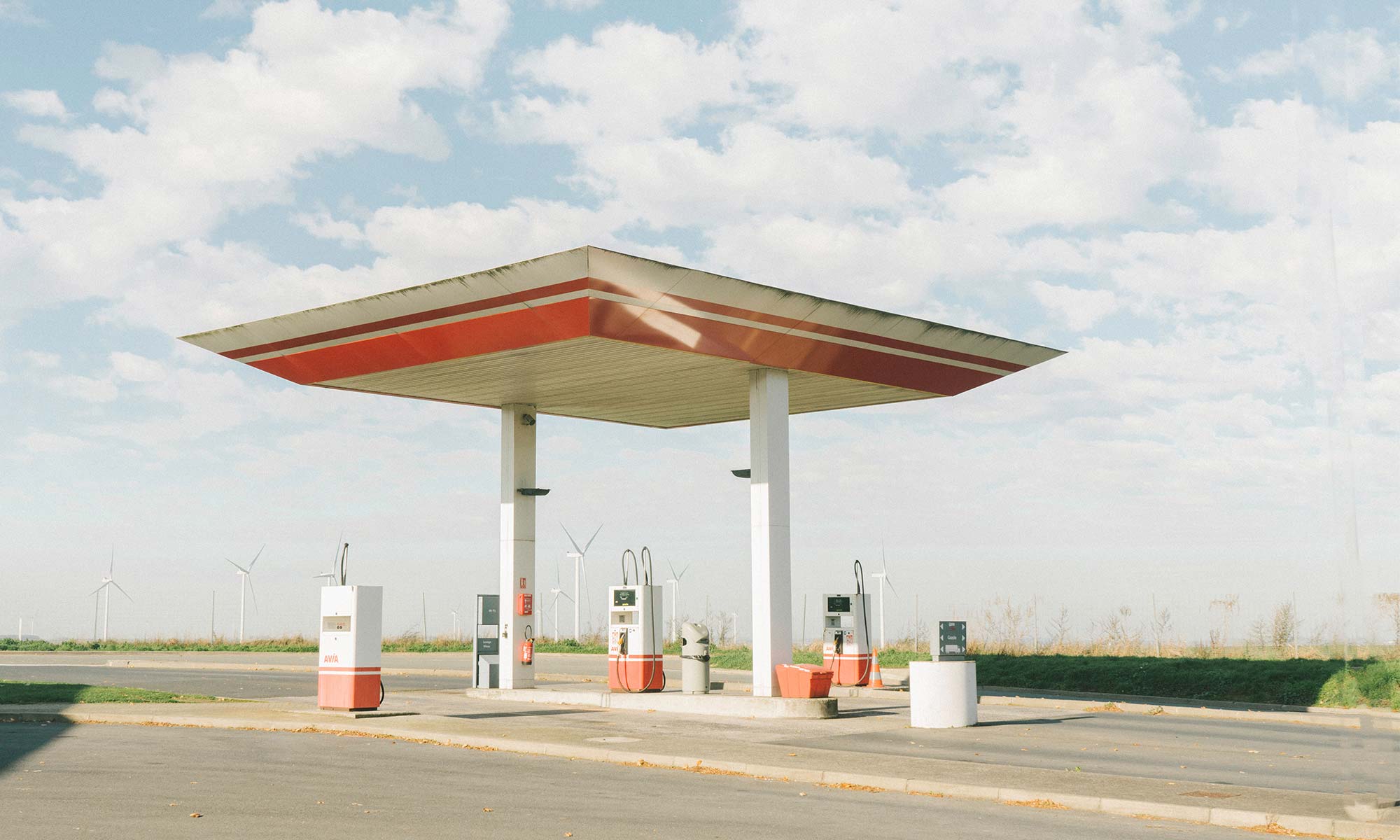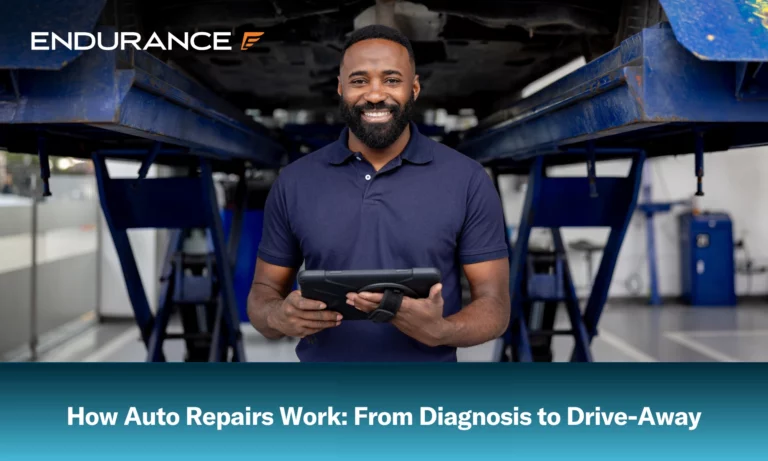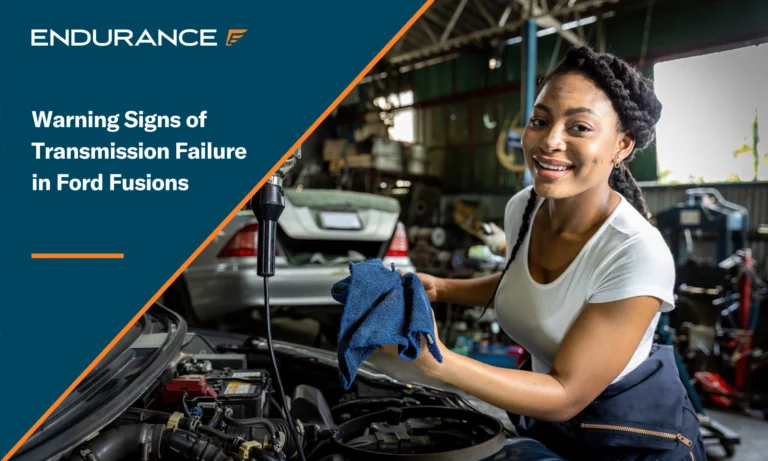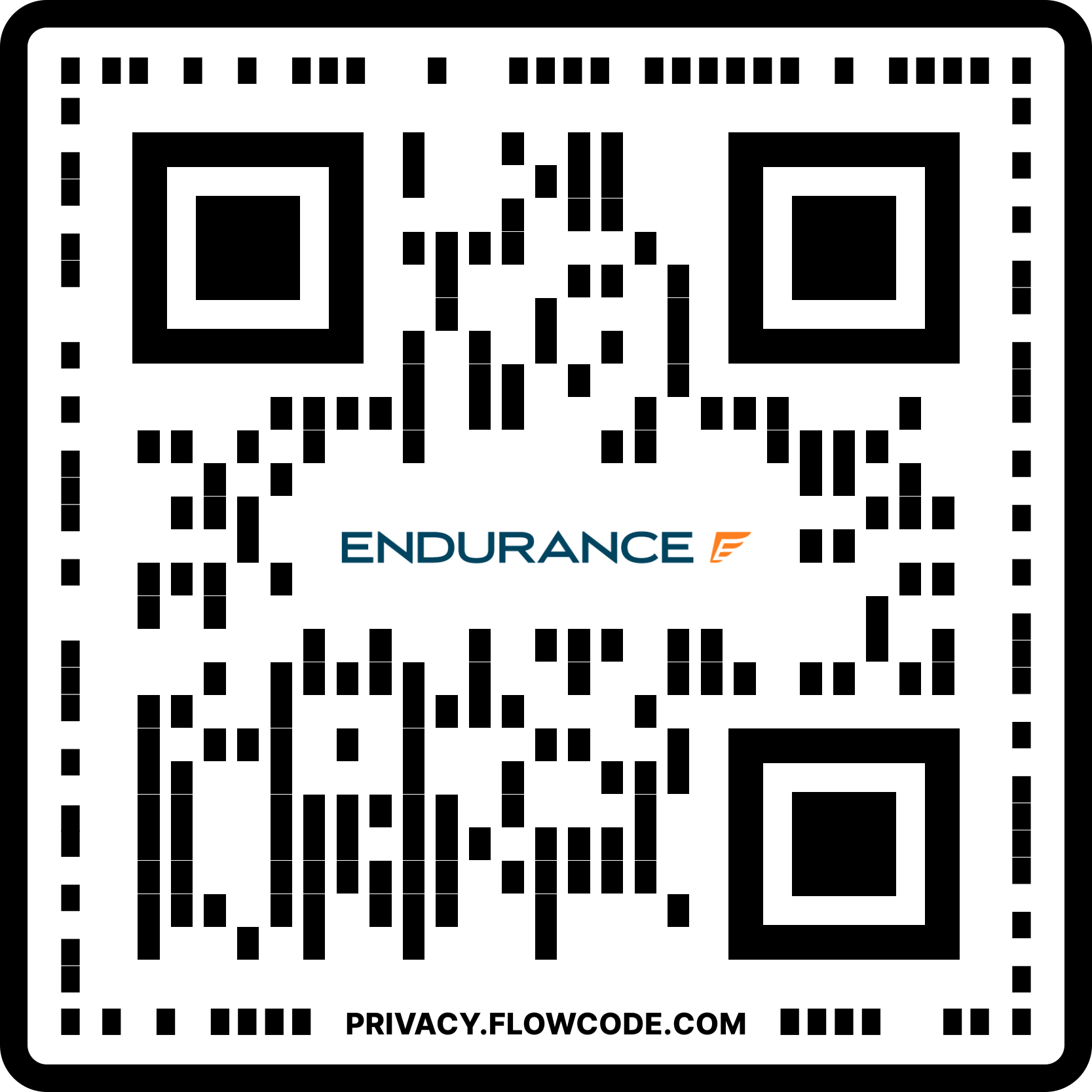Does Where You Get Your Gas Matter?

There are all kinds of myths and folk wisdom surrounding your car and how you should fill up your gas tank. Everything from whether or not you use the air conditioner to what pressure the tires should be at seems to come into play with gas usage and mileage. Unfortunately, it can be hard to know what is true and what is just a misconception.
One of the biggest questions surrounding this is whether where you fuel up matters. There is such a wide variety of stations to fill up at, and they all have different types of gas at different prices, which makes it hard to know what the best option is. As a mechanic, I get questions about which gas is the best all the time, so I thought it was high time everyone got some real answers.
Does It Really Matter Where You Get Your Gas?
The truth is, wherever you go and what kind you get can make a big difference in how well your vehicle runs. Not all gas stations hold themselves to the same standards, and there can be a significant variation in how they treat the fuel in their tanks and where they get it from. While it might seem like a good idea to support the local, independent gas stations in your town, they don’t always have the same ideals toward quality standards that the name-brand stations do.
There are all kinds of factors that come into play when determining which gas is the best for your car and how it will affect it. By going to top-tier stations, you can avoid getting low-quality or dirty gasoline that can produce knocks, run rough, and damage your filters and other mechanisms. For example, if your car uses a catalytic converter, you should be filling up with something more premium, as low-quality fuels can dirty up the platinum and necessitate a replacement, which is expensive and frustrating.
By getting the best brand of gas for your vehicle, you can avoid these problems altogether. Top-tier, name-brand stations like Shell, Exxon, Mobil, and Chevron hold themselves to higher standards when it comes to additives and how often they change the filters in their tanks. This leads to higher quality and fewer chances for problems to occur due to dirty or unregulated gasoline.
Why Does it Matter Where You Get Your Gas?
Detergent Additives
Most fuels from name-brand stations will contain additives like detergents meant to clean your fuel injectors and filters of build-up as they run through the vehicle. The law requires all gasoline to contain these detergents, and the level requirements change with the seasons. For example, gasoline needs to have a higher level of detergents during the summer months to keep it from becoming gummy and overheating in the engine’s moving parts.
While all gasoline will have these detergents, the best brands will have higher levels than is required by law. Many smaller, independent stations will only use the bare minimum, which can dirty up the engine and the fuel pump, especially in hotter weather. Fuel with fewer detergent additives may be cheaper at the pump, but in the long run, you could find yourself replacing parts more often. It is a good idea to add a fuel injector cleaner to your tank to ensure that the engine is getting cleaned of any build-up regularly, no matter what kind of gas you are getting.
Ethanol Level
An important factor that comes into play when deciding which gas is the best is the level of ethanol in the fuel. Almost all gasoline has ethanol in it, no matter where you are getting it from. Even the most top-tier fuels will have somewhere around 10% ethanol. However, some stations that are less scrupulous will have up to 15% ethanol in their mixture.
The problem with ethanol is that it burns incredibly hot and fast. When there are high amounts of ethanol, it can cause your fuel economy to plummet and result in more trips to the pump. This will easily negate any money you might be saving per gallon. Be sure to check your car’s owner’s manual to see what percentage of ethanol you should be putting in the tank. Some vehicles can handle larger amounts, but some should have as little as possible.
Octane Rating
Something to consider when looking at cheaper options is the octane rating displayed on the pump. Most cars are designed to work with regular fuels, which means that it has an octane rating of 87. The octane rating determines whether or not the fuel will be resistant to igniting before it hits the spark in the engine. When the fuel ignites before getting into the cylinder, it can produce a knock and cause the engine to run rough and inefficiently.
If you have a high-performance sports car, the odds are that the engine runs at incredibly high pressure. This means that it will be more susceptible to pre-ignition and prone to knocking. The best fuel for cars like this will have a higher octane rating and resist that pre-ignition problem. Top-tier gasoline from name-brand stations like Shell or Mobil will have an accurate octane rating that you can trust is labeled correctly. However, small independent stations may not have the most meticulous standards for octane ratings, and you run the risk of getting a lower octane than you are paying for.
Where Should You Get Your Gas?
While it is tempting to go cheaper at the pump, this can potentially cause more expensive problems down the line. On the other hand, a few extra dollars per tank might be worth it if it means your fuel pump and filters will last longer. As a mechanic, I tell people to get their gas at the larger, name-brand stations to ensure that they are getting the additives and octane rating that their car needs. Be sure to check your owner’s manual if you don’t know which type of fuel is the best for your specific vehicle.
Keep Your Fuel System Efficient with Endurance
No matter what kind of gas you use, regular maintenance will help your vehicle run at its most clean and efficient. Regularly taking your car to an ASE Certified repair shop can help you make sure you’re not dirtying up your engine from the non-name brand stations. With EnduranceAdvantage™, Endurance’s protection plan, you can save up to $3,500 in maintenance and repairs, so you don’t have to resort to buying cheap gas to save money.
● Does Cheap Gas Burn Faster?
Lower octane fuels tend to burn much faster than higher octane varieties. The same is also true for those with a higher ethanol content. As a result, higher quality, premium gasoline will last longer and burn slower than the cheaper, regular kind.
● How Can I Make Gas Last Longer?
A properly maintained vehicle will burn gas more efficiently and keep you from making more stops at the pump. By regularly checking your oil and keeping your tires inflated to the right PSI, you can get better fuel economy in the long run.
● Does Driving Fast Burn More Gas?
It is a common myth that driving faster burns more fuel. In actuality, when your car slips into a lower gear, it requires more torque to turn the engine. Therefore, whenever the engine has to work harder, it will burn more gasoline, regardless of the speed you are driving.













Since the age of 16, Keith has been immersed in the automotive industry, beginning his career by helping his dad fix vehicles at a young age. Keith now owns his own family-run, ASE Certified repair shop, A+ Autocare. At his shop, he focuses on building trusting relationships with his community through exceptional customer service. Read more about Keith.